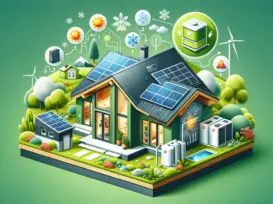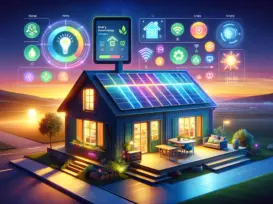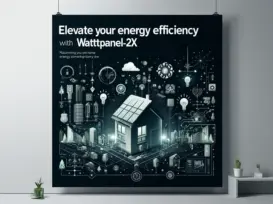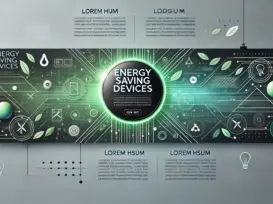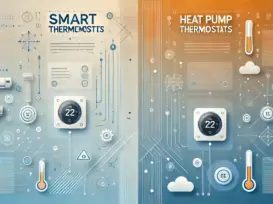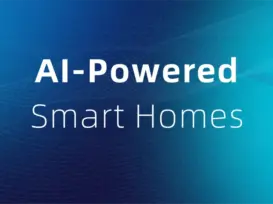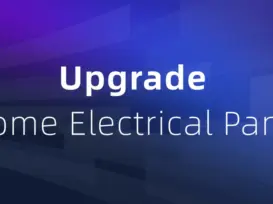Grus Home Energy - Energy Savings
Maximize Your Energy Efficiency: Smart Tips for Substantial Home Energy Savings
Maximize Your Energy Efficiency: Smart Tips for Substantial Home Energy Savings
In today’s world, where the cost of living is ever-increasing and environmental concerns are at the forefront, energy savings is not just a buzzword—it’s a necessity. Energy efficiency has become an essential part of managing household expenses and reducing our ecological footprint. Fortunately, with the right strategies and a few smart investments, substantial energy savings can be achieved.
Firstly, a key step towards energy savings is conducting a home energy audit. This process helps identify areas where energy is wasted and can lead to significant cost reductions. You can hire a professional or use online tools and resources to conduct an audit. Areas to examine include insulation levels, window and door seals, and heating and cooling systems.
Once you have identified the weak spots in your home, start with the basics: swap out incandescent light bulbs for LED or CFL bulbs, which use a fraction of the energy. Additionally, utilize smart power strips that cut power to electronics when they’re not in use, as these devices can continue to draw power even when off or in standby mode.
Another effective measure is to invest in a programmable thermostat. These devices allow for automatic adjustment of your home’s temperature based on your schedule, ensuring that you’re not heating or cooling an empty house. Some smart thermostats can even learn your habits over time and make energy-saving adjustments automatically.
Regarding major appliances, upgrading to energy-efficient models can lead to long-term savings. Look for the ENERGY STAR label when purchasing refrigerators, washing machines, and other appliances, as this certification indicates the device meets strict energy efficiency guidelines set by the U.S. Environmental Protection Agency.
Water heating is another area where energy can be conserved. By simply lowering the thermostat on your water heater to 120 degrees Fahrenheit, you can reduce your water heating costs by up to 10%. Also, consider installing low-flow showerheads and faucet aerators to save on hot water.
Insulation and sealing are pivotal in maintaining energy efficiency. Adding extra insulation to your attic, walls, and floors, sealing cracks and openings around windows and doors, and ensuring ductwork is properly sealed can prevent heat loss in winter and keep your home cooler in summer.
Renewable energy sources, such as solar panels, are becoming increasingly cost-effective and can provide long-term savings. Although the initial investment may be substantial, the decrease in electricity bills and potential tax incentives can make solar power a wise financial decision.
Lastly, simple habits can contribute significantly to energy savings. Turn off lights when you leave a room, unplug chargers that are not in use, and use energy-intensive appliances like ovens and dryers during off-peak hours.
In conclusion, while some energy-saving strategies may require an initial investment, the long-term savings can be substantial. By implementing these tips and making conscious choices about energy use, you can reduce your bills, contribute to environmental protection, and enjoy a more energy-efficient home.
Blog, Energy Savings & Cost Reduction , October 12, 2024 , Energy Efficiency Home, Energy Savings, Home automation, Home Energy Management
Blog, Buying Guides & Comparisons , December 2, 2024 , Energy Efficiency, Energy Efficiency Home, Energy Savings, Home Energy Management
Blog, Buying Guides & Comparisons , December 11, 2024 , Energy Efficiency, Energy Savings, Home automation, Home Energy Management, Smart Thermostats
- 1
- 2
©2025 All Rights Reserved. Grus IoT Co.,Ltd.
